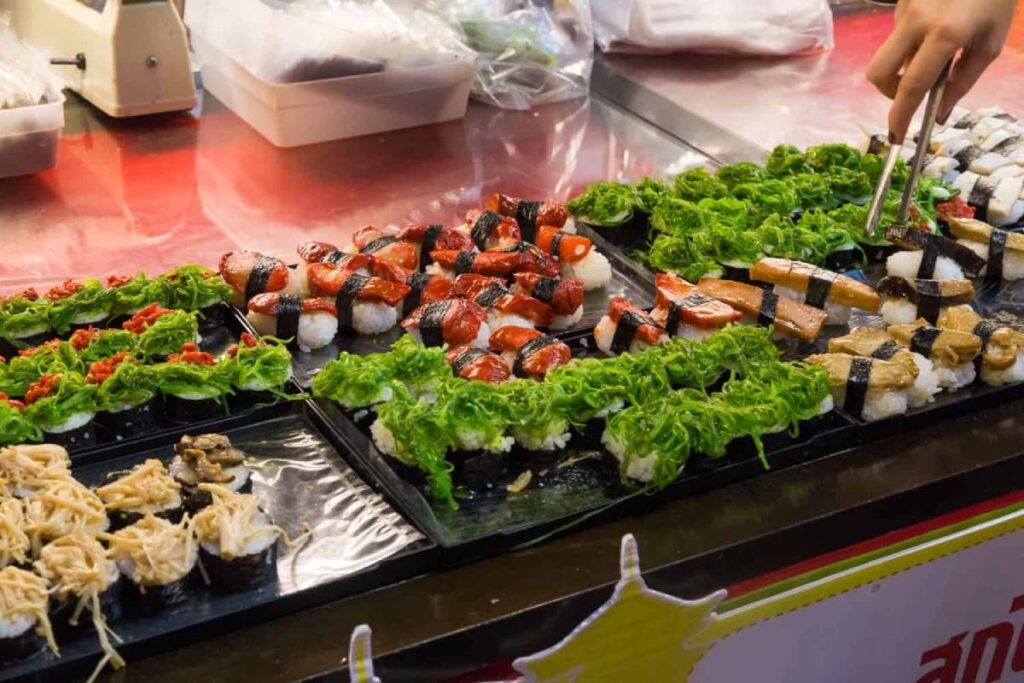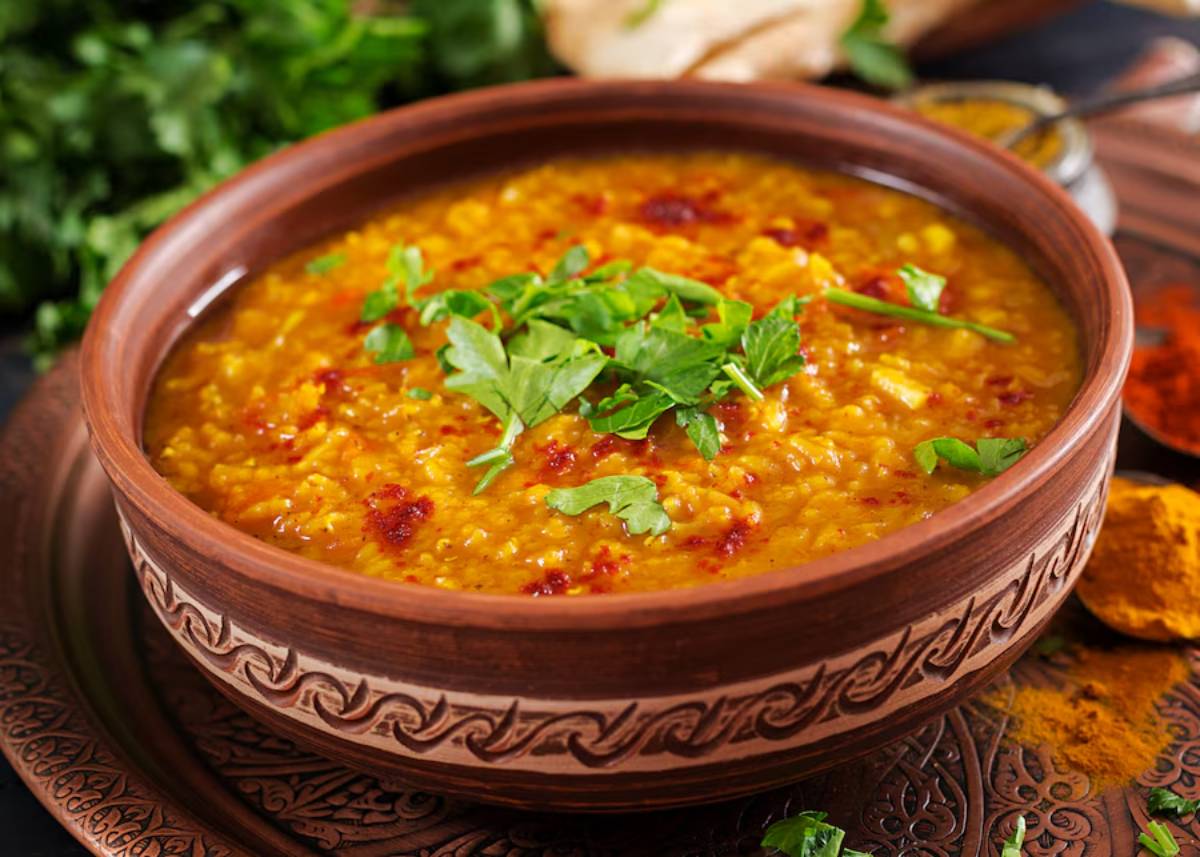The Food Blog

Plant-Based Feasts: Vegan Festival Foods Around the World
Festivals are among the most joyful and colourful expressions of culture. They bring communities together in celebration, often centred around food that reflects centuries-old traditions. While many associate celebratory dishes with meat-heavy feasts, a rich world of vegan cultural dishes exists—particularly during religious, seasonal, or spiritual events that promote plant-based eating.
From South Asia to the Mediterranean, and from Buddhist temples to Rastafarian gatherings, plant-based global cuisine has always had a place at the world’s most vibrant festivals. And as more travellers embrace veganism or flexitarian lifestyles, the appetite for festival vegan food is growing—both in variety and visibility.
In this blog, we journey through cultural festivals across continents, highlighting traditional plant-based dishes that offer incredible flavour without compromise. Whether you’re vegan or simply curious, these time-honoured meals are proof that compassion, celebration, and culinary delight can go hand in hand.
Why Vegan Food Is Integral to Many Festivals
In many cultures, plant-based eating is not just a dietary choice—it’s a ritual or spiritual practice. Festivals often include days or even weeks of meat-free eating, rooted in beliefs about purity, discipline, and renewal.
Common Reasons for Plant-Based Festival Cuisine:
- Religious fasting periods (e.g., Lent, Navratri, Ramadan pre-dawn meals)
- Spiritual purification (Buddhism, Jainism)
- Seasonal abundance (harvest festivals)
- Community sharing (food that is accessible and inclusive)
As a result, many vegan cultural dishes are authentically plant-based by tradition—not modern substitutes or adaptations.
Festival Vegan Food Around the World
Let’s explore some of the most delicious, culturally rich, and widely celebrated vegan festival foods around the globe.

1. India – Navratri and Diwali
Cultural Background: During Navratri, a nine-day Hindu festival, many devotees abstain from meat, onions, and garlic. Diwali, the festival of lights, includes abundant vegetarian and vegan feasting.
Must-Try Vegan Dishes:
- Sabudana Khichdi: Tapioca pearl stir-fry with peanuts and potato
- Kuttu ke Pakore: Buckwheat flour fritters served during fasting
- Chana Masala: Spiced chickpeas, often served with puri or rice
Plant-Based Global Cuisine Insight: Indian cuisine boasts countless naturally vegan dishes, rich in spices and legumes, making it a festival-friendly vegan haven.
2. Thailand – Phuket Vegetarian Festival
Cultural Background: Held annually in October, this nine-day Taoist festival encourages strict veganism as a form of spiritual cleansing.
Popular Street Foods:
- Vegan versions using tofu, mushrooms, and faux meats
- Fried banana fritters and sesame balls
- Sticky rice with coconut milk and banana
Unique Fact: Dishes are labelled with the Thai word “เจ” (jay) to indicate they meet vegan religious standards.
Festival vegan food doesn’t get more immersive than this sensory overload of sights, sounds, and sizzling street stalls.
3. Ethiopia – Fasika (Ethiopian Orthodox Easter)
Cultural Background: Leading up to Easter, Ethiopian Orthodox Christians observe Lent, fasting from all animal products for 55 days.
Signature Dishes:
- Shiro Wat: Spicy chickpea stew
- Atkilt: Cabbage, potato, and carrot sauté
- Injera: Sour, spongy flatbread made from teff, served with lentil and vegetable sides
Cultural Note: This period of fasting creates one of the most extensive collections of vegan dishes in any Christian tradition.
4. Israel – Tu B’Shevat (New Year of the Trees)
Cultural Background: This ecological and spiritual celebration often includes eating fruits, nuts, and plant-based dishes to honour the earth.
Traditional Foods:
- Dried figs, dates, and apricots
- Lentil and barley salads
- Stuffed vine leaves and roasted vegetables
Why It Stands Out: A perfect mix of environmental awareness and delicious plant-based global cuisine.
5. Italy – Feast of Saint Joseph (La Festa di San Giuseppe)
Cultural Background: A deeply rooted Catholic celebration honouring Saint Joseph, often observed with meatless meals.
Popular Vegan Dishes:
- Pasta con le Sarde (without anchovies): Pasta with wild fennel, pine nuts, and breadcrumbs
- Chickpea panelle: Sicilian fritters served in bread
- Zeppole di San Giuseppe: Can be made plant-based with almond or oat milk pastry cream
Festival Insight: Italian cuisine offers numerous Lent-friendly dishes that are inherently vegan—or easily adapted.

6. Nepal – Buddha Jayanti
Cultural Background: Buddha’s birthday is celebrated with prayers, meditation, and meals that honour non-violence and simplicity.
Typical Offerings:
- Rice and lentil dal
- Vegetable momos (dumplings)
- Sweet rice pudding made with coconut milk
Fun Fact: Many Buddhist festivals promote vegetarian or vegan eating as an act of compassion.
Perfect For: Travellers interested in ethical spirituality and humble yet flavourful meals.
7. Caribbean – Rastafarian Gatherings (Nyabinghi)
Cultural Background: Rastafarians often follow the Ital diet, which is plant-based and free of processed foods, salt, and alcohol.
Ital Staples:
- Callaloo (leafy greens) stew
- Ackee and plantains
- Lentil patties and yam dishes
Why It Matters: These gatherings blend spiritual chanting, drumming, and vibrant vegan cultural dishes into a holistic celebration.
8. Japan – Obon Festival
Cultural Background: Obon is a Buddhist festival honouring ancestors. While not strictly vegan, many traditional offerings are meat-free.
Vegan Options Include:
- Inari sushi: Rice wrapped in sweet tofu pouches
- Tsukemono: Assorted pickled vegetables
Street Food Insight: Increasingly, Japanese vendors are offering plant-based versions of festival favourites like yakisoba and mochi.
9. Ecuador – Day of the Dead (Día de los Difuntos)
Cultural Background: While not exclusively vegan, many dishes during this festival are plant-based, as part of ancestral offerings.
Traditional Foods:
- Colada morada: A thick, spiced berry and purple corn drink
- Guagua de pan: Sweet bread shaped like dolls, often made without dairy
Why It’s Culturally Rich: These foods honour indigenous heritage, colonial history, and seasonal harvests all at once.
10. Bali, Indonesia – Nyepi (Balinese Day of Silence)
Cultural Background: This Hindu New Year is a day of silence, fasting, and reflection—preceded by vegan-friendly meals.
Common Dishes:
- Spiced grated coconut and vegetables
- Tempeh curry
- Steamed cassava and banana sweets
Spiritual Note: The entire island shuts down—even the airport. Meals are often shared quietly with family before and after the silence.
Why Festival Vegan Food Is Worth Seeking Out
1. Authenticity Without Compromise
Unlike “accidentally vegan” options, these meals were designed to be plant-based from the start—rooted in culture, not substitution.
2. Cultural Connection
You’re not just eating—you’re participating in rituals, ceremonies, and shared values.
3. Sustainability
Plant-based festival food often relies on local, seasonal produce—supporting both the planet and local farmers.
4. Inclusivity
These dishes can usually be enjoyed by people with a wide range of dietary restrictions, making festivals more welcoming to all.
Tips for Finding Plant-Based Festival Cuisine While Travelling
1. Learn Key Phrases
Knowing how to say “no meat” or “vegan” in the local language can be invaluable.
2. Do a Little Research
Seek out local food blogs, vegan travel forums, or festival websites for guidance on where to eat.
3. Join Walking Food Tours
Many cultural tours now cater to vegans—ask for festival-focused routes.
4. Visit Temple Kitchens
In many Asian countries, temples offer free or low-cost vegan meals during religious events.

A Feast for the Senses and the Soul
Festival season is a time of joy, reflection, and community—and food is at the centre of it all. As we’ve seen, vegan cultural dishes are not a compromise, but a celebration in their own right. They’re born from history, sustained by belief, and shared with love.
Whether you’re exploring temples in Asia, dancing in Caribbean streets, or fasting before a Mediterranean feast, plant-based global cuisine lets you experience the richness of culture through compassionate and flavourful food.
Take action today: Seek out a local or international festival that highlights festival vegan food, and prepare to be inspired—one plant-powered bite at a time.









